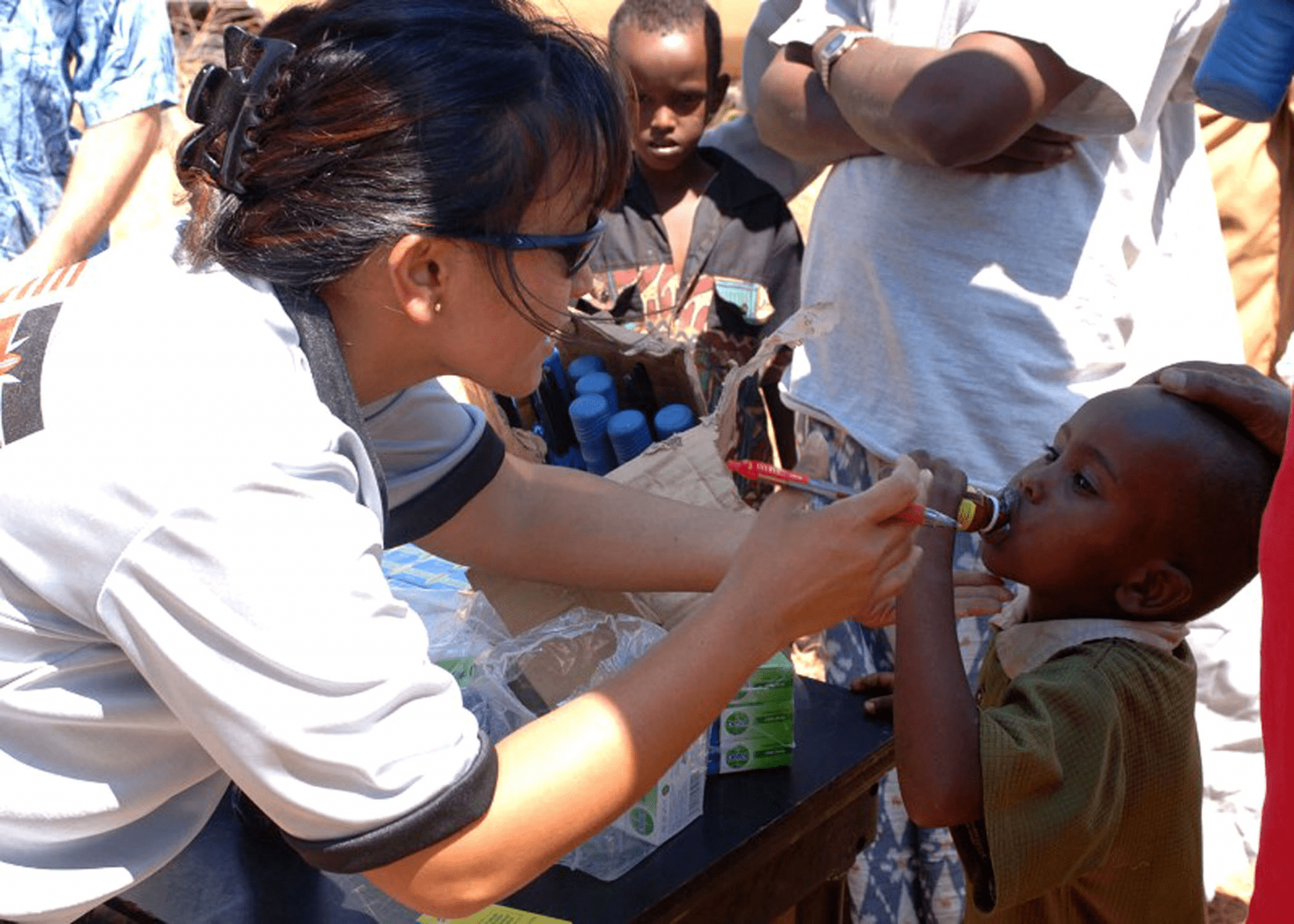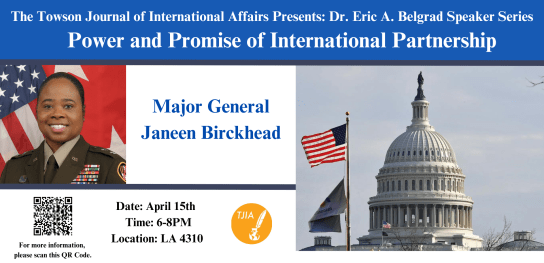
Volume XXXII – Number 1
D.A Henderson
Abstract: Africa is a continent that struggles to provide effective healthcare to its inhabitants while also suffering from a multitude of different diseases and conditions. This article focuses on reasons why this dilemma exists, as well as the idea that researchers and healthcare professionals must better recognize that taking preventative measures, rather than treating people after the illness has been contracted, is more efficient and cost-effective when keeping Africa’s residents alive and well. Research on the prevailing treatment of the most common illnesses, as well as on the overall wellbeing of the population in Africa suggests that immunization, diarrheal disease control, and family planning are the most effective methods to providing better public health outcomes in Africa. Where these practices are properly utilized, infant mortality rates have shown steady improvement, and mimic rates even better than U.S. standards at the beginning of the 20th century. Much of the funding that African countries receive for healthcare initiatives comes from foreign aid, therefore, many professionals realize that the money is not an endless resource and should be conserved when possible. Hence, it is important to understand how preventative measures, along with better sanitation and the role of mothers in these situations, will lower the overall cost for saving lives when solving the healthcare challenges in Africa.
Keywords: Africa, healthcare, foreign aid


